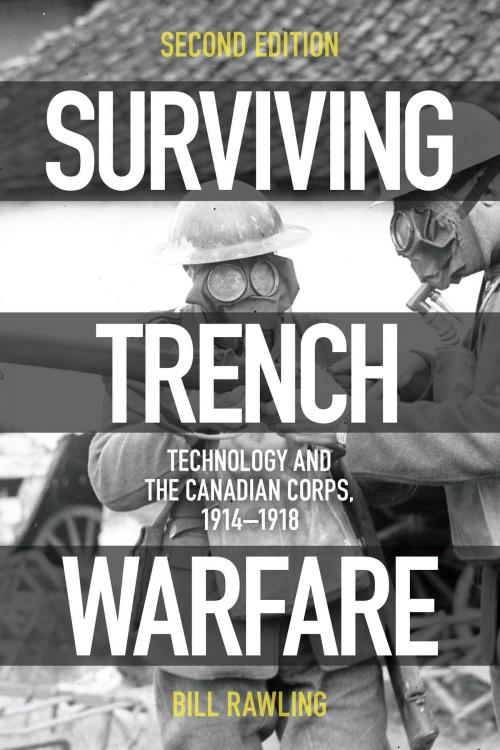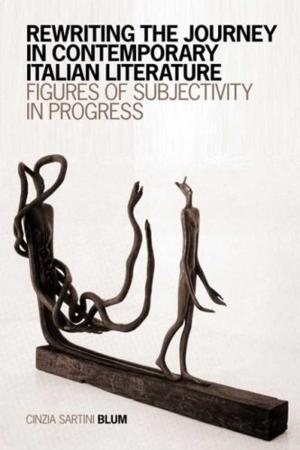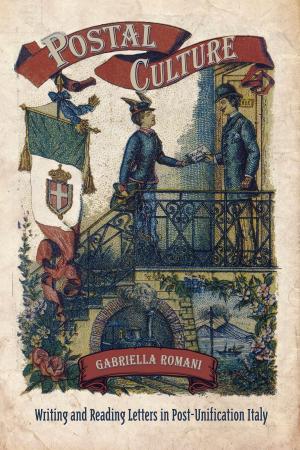Surviving Trench Warfare
Technology and the Canadian Corps, 1914-1918, Second Edition
Nonfiction, History, Americas, Canada, Modern, 20th Century| Author: | Bill Rawling | ISBN: | 9781442620209 |
| Publisher: | University of Toronto Press, Scholarly Publishing Division | Publication: | January 15, 2015 |
| Imprint: | Language: | English |
| Author: | Bill Rawling |
| ISBN: | 9781442620209 |
| Publisher: | University of Toronto Press, Scholarly Publishing Division |
| Publication: | January 15, 2015 |
| Imprint: | |
| Language: | English |
The horrors of the First World War were the product of a new and unprecedented type of industrial warfare. To survive and win demanded not just new technology but the techniques to use it effectively. In Surviving Trench Warfare, Bill Rawling takes a close look at how technology and tactics came together in the Canadian Corps.
Drawing on a wide range of sources, from interviews to staff reports, Rawling describes the range of new weapons that the Canadians adopted, including tanks, trench mortars, and poison gas, making it clear that the decisive factor in the war was not the new technology itself but how the Canadians responded to it. Only through intensive training, specialization, and close coordination between infantry and artillery could the Canadians overcome the deadly trinity of machine-guns, barbed wire, and artillery. Surviving Trench Warfare offers a whole new understanding of the First World War, replacing the image of a static trench war with one in which soldiers actively struggled for control over their weapons and their environment, and achieved it.
Released to coincide with the centenary of the First World War, this edition includes a new introduction and afterword reflecting the latest scholarship on the conduct of the war.
The horrors of the First World War were the product of a new and unprecedented type of industrial warfare. To survive and win demanded not just new technology but the techniques to use it effectively. In Surviving Trench Warfare, Bill Rawling takes a close look at how technology and tactics came together in the Canadian Corps.
Drawing on a wide range of sources, from interviews to staff reports, Rawling describes the range of new weapons that the Canadians adopted, including tanks, trench mortars, and poison gas, making it clear that the decisive factor in the war was not the new technology itself but how the Canadians responded to it. Only through intensive training, specialization, and close coordination between infantry and artillery could the Canadians overcome the deadly trinity of machine-guns, barbed wire, and artillery. Surviving Trench Warfare offers a whole new understanding of the First World War, replacing the image of a static trench war with one in which soldiers actively struggled for control over their weapons and their environment, and achieved it.
Released to coincide with the centenary of the First World War, this edition includes a new introduction and afterword reflecting the latest scholarship on the conduct of the war.















